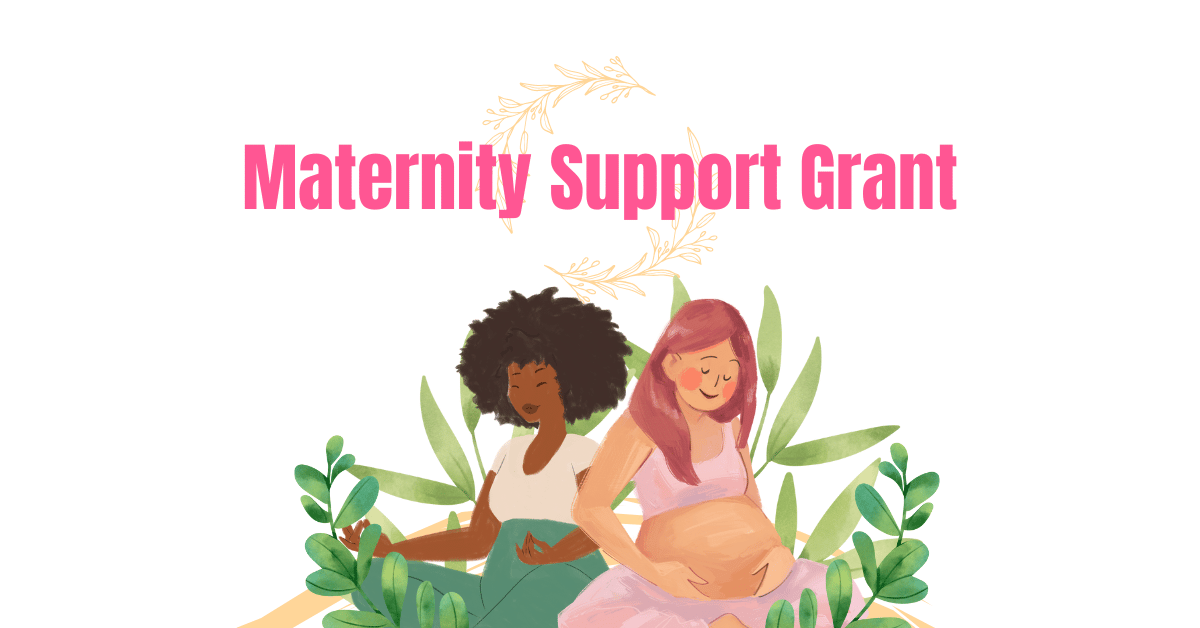SASSA Learner Support Program Empowers Limpopo Students
In a continued effort to support underprivileged learners, Limpopo MEC for Social Development, Mme Florence Radzilani, has distributed free school uniforms to 180 students at the Regorogile Community Hall in the Thabazimbi Local Municipality.
This initiative is part of the SASSA Learner Support Program, which aims to ensure that children from disadvantaged backgrounds have the necessary resources to excel in school.
🔹 Who qualifies for the SASSA Learner Support Program?
🔹 How does the program benefit local communities?
🔹 What are government officials saying about it?
This article answers these key questions and provides insights into how parents can ensure their children benefit from such programs.
SASSA Learner Support Program: Who Benefits?
The SASSA Learner Support Program is designed to assist schoolchildren from low-income families who are receiving social grants such as the Child Support Grant or Foster Care Grant. Eligible learners receive:
✅ Free school uniforms (including shoes, shirts, skirts, trousers, and jerseys)
✅ Essential school supplies (stationery, backpacks, etc.)
✅ Additional support for vulnerable children, including orphans and fostered children
📌 Eligibility Requirements:
✔️ The learner must be from a household receiving a SASSA grant.
✔️ The parent or caregiver must be the primary guardian of the child.
✔️ The child must be enrolled in a registered school.
Parents unsure about eligibility can visit the nearest SASSA office for more details.
Government’s Commitment to Education Support
During the handover ceremony, MEC Florence Radzilani emphasized the importance of parental involvement in education and urged caregivers to take responsibility for ensuring their children attend school regularly.
“It is your responsibility to make sure your child attends school every day. The government is providing the necessary social support, but we need parents to be actively involved in their children’s education,” said Radzilani.
She was joined by:
✅ Mayor of Thabazimbi Local Municipality, Cllr Pilane Tumisang
✅ Waterberg District Representative, Cllr Moatshe Dipuo
✅ Ward Councilor Tshukudu Sesoma
✅ SASSA and Department of Social Development Officials
📌 Why This Matters:
- Education plays a crucial role in breaking the cycle of poverty.
- Lack of proper school attire often discourages children from attending school.
- Government initiatives like this help bridge the gap and provide equal opportunities for all learners.
Impact on Local Communities & Learners
Parents and learners expressed gratitude for the initiative, highlighting how the cost of school uniforms is a major burden for struggling families.
👩👦 Nthabiseng Mokoena, a mother of two, shared:
“Buying school uniforms is expensive. This support means my children can go to school confidently, just like others.”
🎒 Grade 6 learner, Thando Sithole, said:
“I’m so happy! I now have new school shoes and a uniform. I can focus on my schoolwork without worrying about my clothes.”
📌 Did You Know?
✔️ The Department of Social Development provides various social relief programs beyond grants.
✔️ Parents can inquire about other educational support initiatives available in their districts.
How to Apply for the SASSA Learner Support Program
Parents and guardians who need assistance with school uniforms can apply by following these steps:
1️⃣ Visit the nearest SASSA office in your area.
2️⃣ Bring the required documents, including:
- Your South African ID
- Child’s birth certificate
- Proof of school enrollment (letter from the school)
- SASSA grant receipt or proof of grant eligibility
3️⃣ Complete the application form and submit it for assessment.
4️⃣ Await approval—successful applicants will be contacted for uniform collection.
📌 Tip: Applications are processed before the school year starts, so parents are encouraged to apply early to avoid delays.
Final Thoughts: A Step Towards Equal Education for All
The SASSA Learner Support Program is an essential initiative that ensures no child is left behind due to financial difficulties. By providing free school uniforms and supplies, the government is actively working to support vulnerable learners and give them an equal chance at success.
📞 Need More Info? Contact SASSA
✅ Call: 0800 60 10 11
✅ Visit: www.sassa.gov.za
✅ Local SASSA offices: Available in all provinces
🚀 Was this article helpful? Share it with other parents who need this information!









